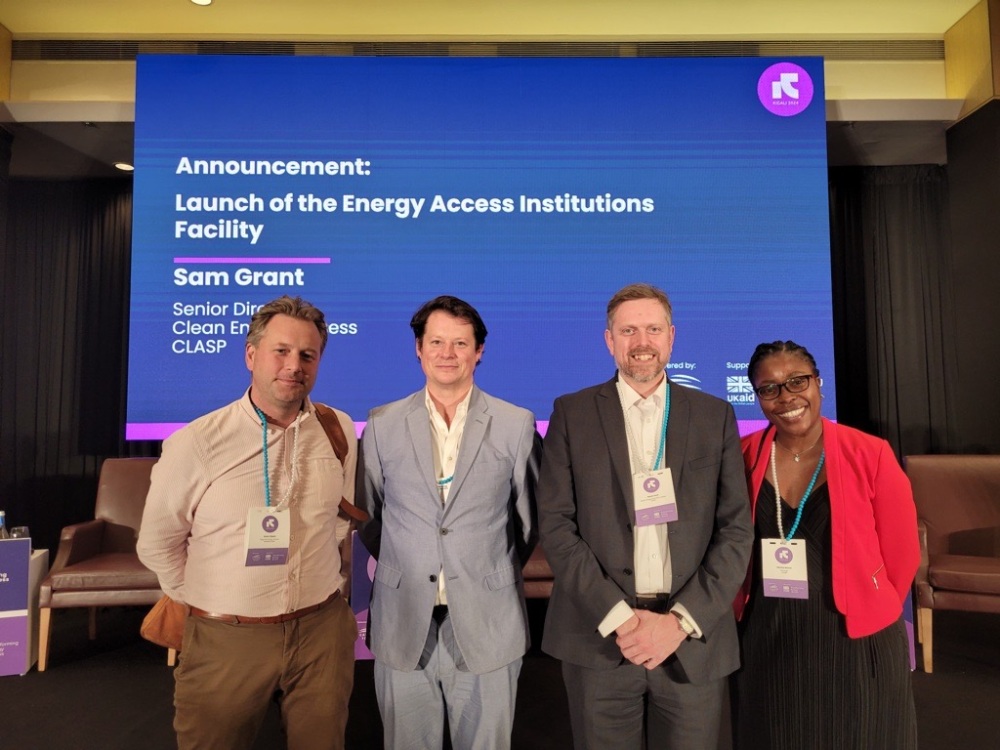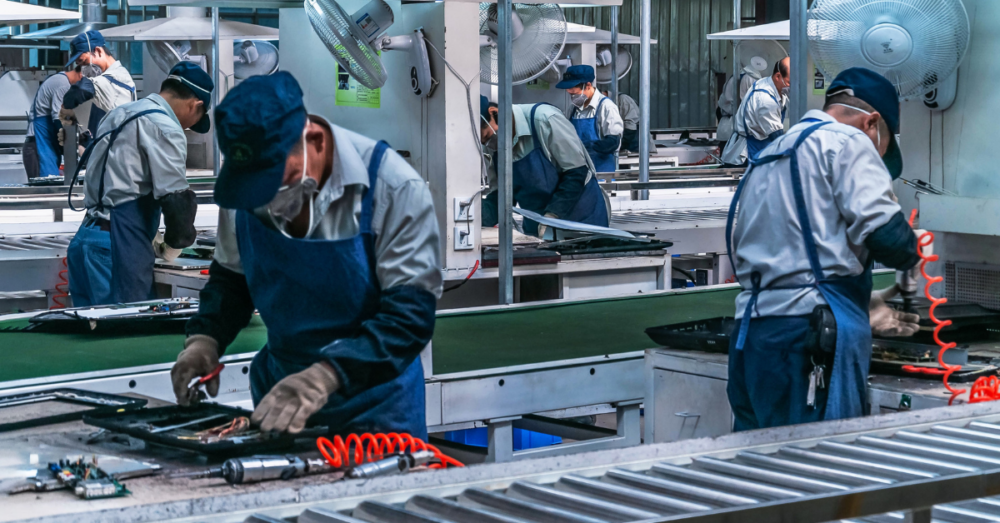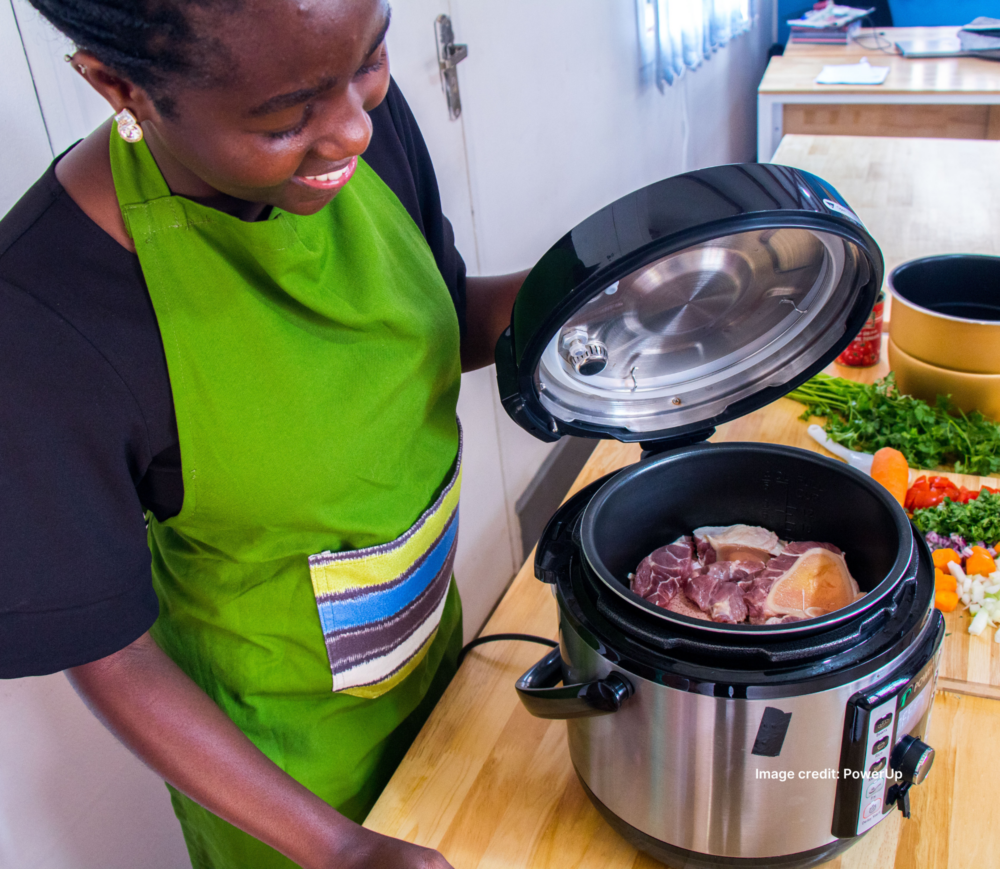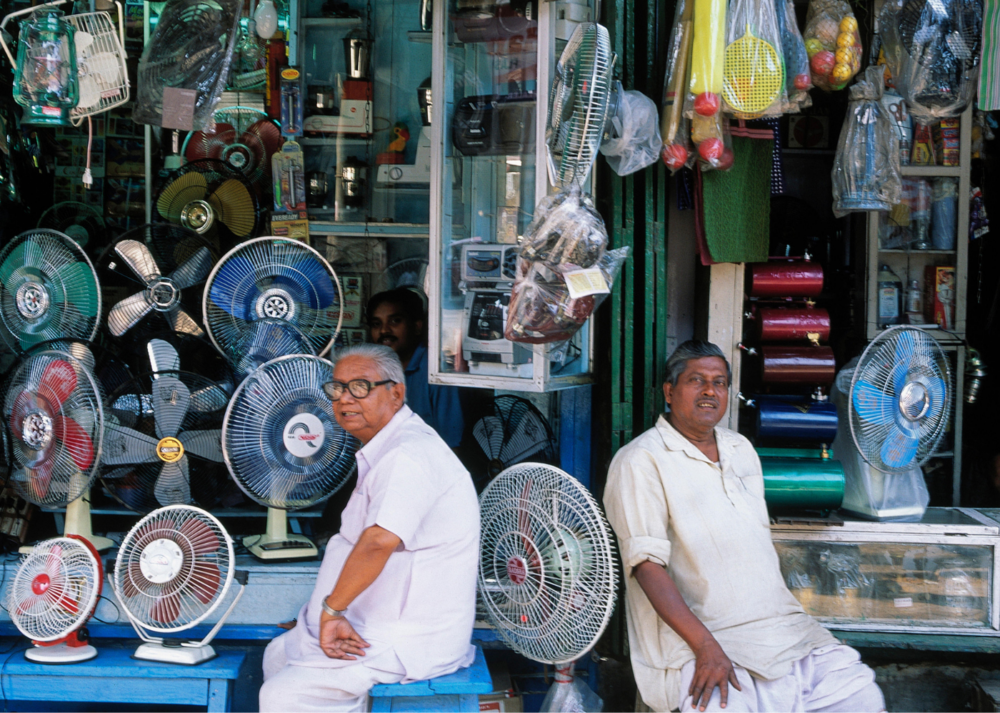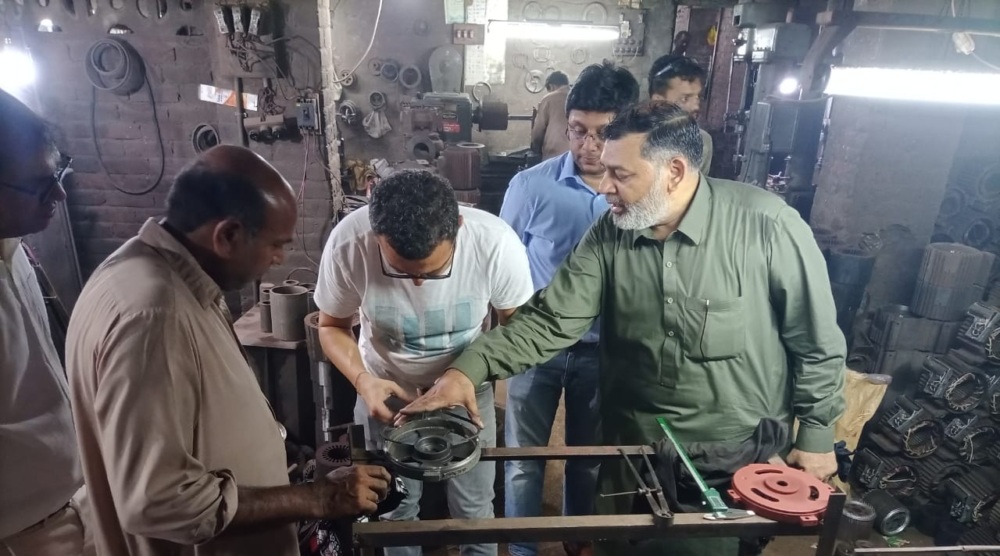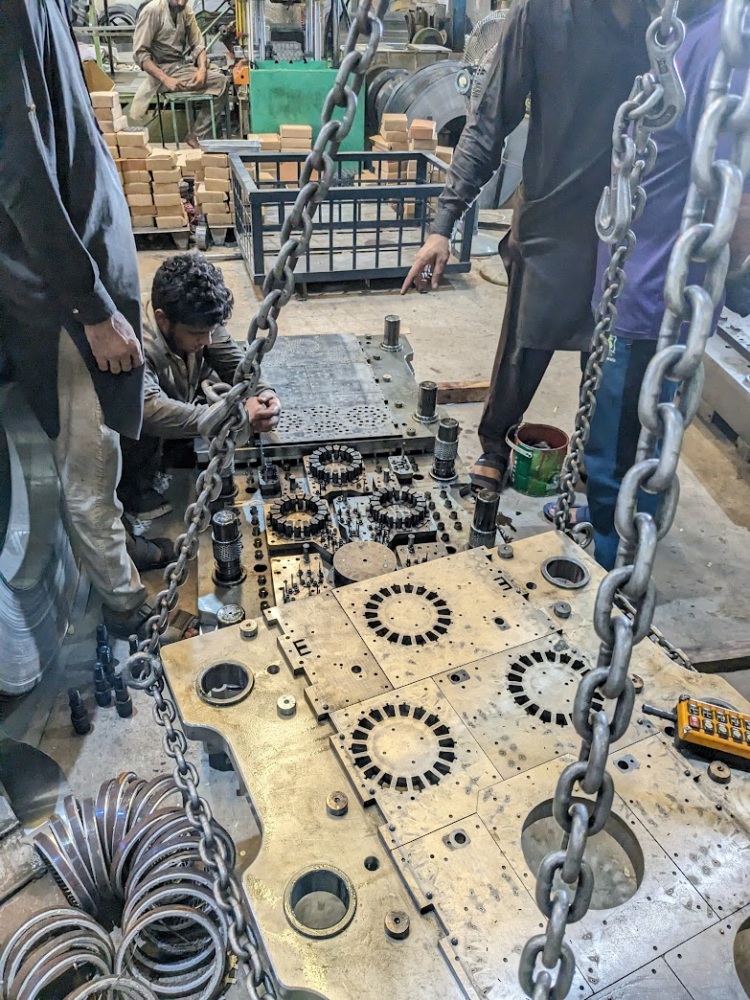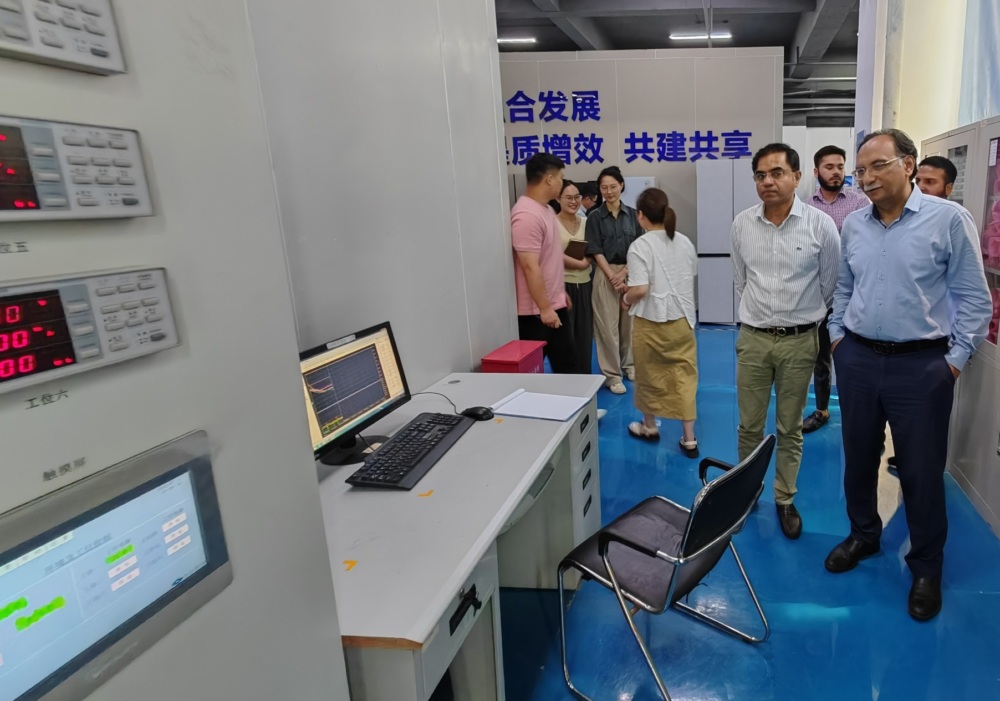Redefining Heating Efficiency: CLASP Presents a Unified Approach to Heat Pump Adoption in China
At a national heat pump conference in China, CLASP highlighted the opportunity to use technology-neutral policies to accelerate the market transition from traditional heating to more efficient heat pumps.
At the China Heat Pump Annual Conference in Nanjing, CLASP presented new research on the opportunity to employ technology-neutral policies to scale the market for energy-efficient heat pumps. CLASP and partners found that requiring heating technologies sold in the country to meet a new minimum energy threshold can reduce a total of 2.25 billion tons of CO2 by 2060.
Policy opportunities to spur heat pump market growth
Heat pumps constitute only 3% and 5% of China’s national water heater and space heating markets, respectively (2021). To drive further adoption, CLASP looked into the opportunity for a unified energy efficiency standard and test method. A unified test method, otherwise known as ‘technology-neutral,’ means that all types of heating technologies – gas and electric resistant, as well as heat pumps – will be required to use the same energy efficiency measurement metrics and classification schemes.
Using analysis from World’s Best MEPS, CLASP’s Matt Malinowski spoke virtually on policy instruments to shift from fossil fuel-run heating technologies to heat pumps, which can be 100% more efficient. He noted that technology-neutral performance standards and labels have already assisted consumers in other regions, like the European Union, identify and select heat pumps as the most efficient option. Malinowski also discussed how CLASP’s policy toolkit could be applied for global mass heat pump deployment.

Verifying a unified water heater policy in China
Since 2022, CLASP, CNIS, and the test lab CVC tested the validity of China’s first unified test method1 for water heaters. At the Conference, CLASP’s Bo Hu shared insights – finding that the test method is valid and ready to be promoted as a national-level policy.

“The test method provided strong evidence that heat pump water heaters are more climate friendly – in terms of energy efficiency and carbon emission reductions – compared to gas and electric water heaters. With improvements, this standard will lay a solid foundation for a unified policy for water heaters in China.” – Bo Hu, Technical Manager at CLASP.
Heat pumps support net zero ambitions
Bo Hu also presented the modeled scenario for the transition to high efficiency and the best heating technologies – finding significant reductions in carbon emissions by 2060.

The climate impacts of these policies would be significant: a reduction of 2.25 billion tons of CO2 by 2060. In a new report2, CLASP and partner CHPA found that heat pumps are a critical technology for the decarbonization of heat in domestic building sector and a “necessary pathway” for China to realize its 2060 net zero goal. Heat pumps deployed in newly built ultra-low energy buildings across China will save 210 GJ of energy and 69.4 million tCO2 by 2035.
“By working with our fantastic partners, we are proud to be part of the nation’s commitment and efforts in promoting heat pump. Technology-neutral MEPS and labels are key drivers for efficiency improvement and widespread proliferation. CLASP will continue support Chinese stakeholders further the market for heat pumps.” – Steven Zeng, Director of CLASP China.
China Heat Pump Annual Conference is the largest heat pump event in China, organized and hosted by China Energy Conservation Association. This year, more than 1,500 participants gathered together do discuss technology development, policy innovation and market opportunities.
0. T/CECA-G 0022-2019: Testing and calculation method for energy efficiency of household and similar water heaters
1. The report is titled: Application of Ultra-Low Energy Building Heat Pump Technology


